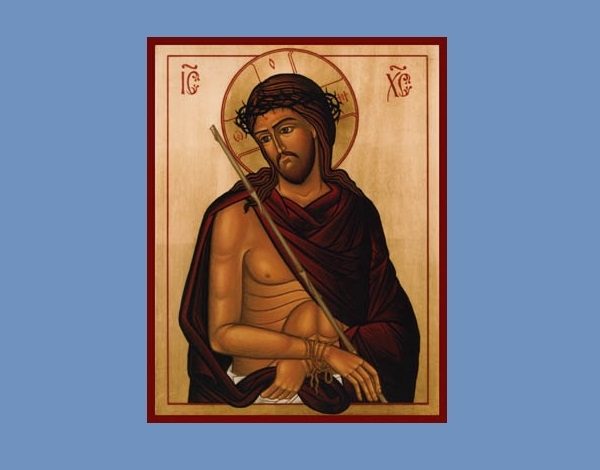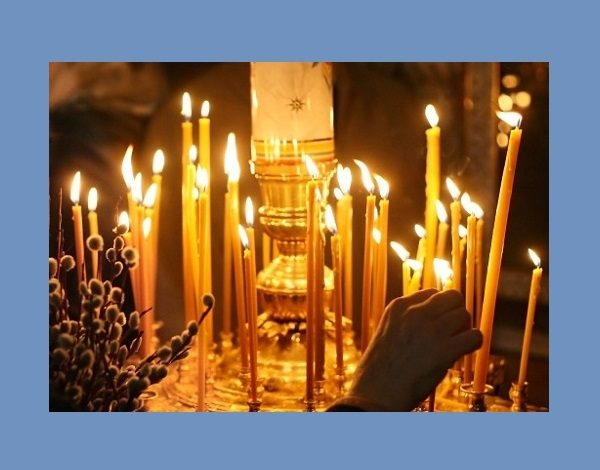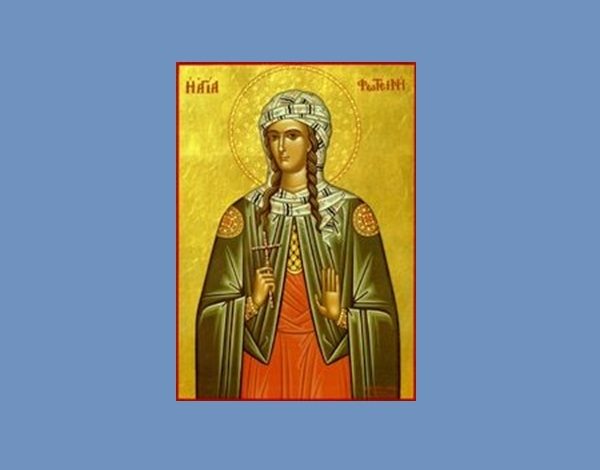2.4. Ateria
Suuren torstain liturgiset tekstit kertovat nöyryyden, itsensä tyhjäksi tekemisen (kr. kenosis) ja viisauden teemoista ja Kristuksen saapumisesta hänen pääsiäiseensä. Kaikki nämä teemat ilmentyvät evankeliumien kertomuksissa viimeisestä ehtoollisesta. Kristus pesee opetuslastensa jalat: meidän tulee omaksua sama nöyryys. Tarinasta löytyy myös ahneuden ja rahanhimon teema. Jokainen, joka rakastaa enemmän rahaa kuin Jumalaa, on Juudaksen kaltainen, joka myi Herransa kolmestakymmenestä hopearahasta. Tekstit tuovat esiin häkellyttävästi psalmin 34 viisaus-teeman, jossa sanotaan ”Maistakaa ja katsokaa, kuinka Herra on hyvä” (Ps. 34:8). Kristus on Jumalan Viisaus, joka on valmistanut meille pöydän. Tulemmeko ja syömmekö Jumalan hyvyydestä?
Apostoli Paavali aloittaa kirjeensä korinttolaisille painottamalla sitä todellisuutta, että Jumalan viisaus ei ole mitään vähempää kuin itse Kristus – nöyryytettynä, ristiinnaulittuna ja kuolleista herätettynä. Apostoli painottaa, että Jumalan viisaus ei ole maailman ymmärryksen mukaista viisautta. Paavali kirjoittaa:
”Puhe rististä on hulluutta niiden mielestä, jotka joutuvat kadotukseen, mutta meille, jotka pelastumme, se on Jumalan voima. Onhan kirjoitettu: Minä hävitän viisaitten viisauden ja teen tyhjäksi ymmärtäväisten ymmärryksen. Missä ovat viisaat ja oppineet, missä tämän maailman älyniekat? Eikö Jumala ole tehnyt maailman viisautta hulluudeksi? Jumala on kyllä osoittanut viisautensa, mutta kun maailma ei omassa viisaudessaan oppinut tuntemaan Jumalaa, Jumala katsoi hyväksi julistaa hulluutta ja näin pelastaa ne, jotka uskovat. Juutalaiset vaativat ihmetekoja, ja kreikkalaiset etsivät viisautta. Me sen sijaan julistamme ristiinnaulittua Kristusta. Juutalaiset torjuvat sen herjauksena, ja muiden mielestä se on hulluutta, mutta kutsutuille, niin juutalaisille kuin kreikkalaisillekin, ristiinnaulittu Kristus on Jumalan voima ja Jumalan viisaus. Jumalan hulluus on ihmisiä viisaampi ja Jumalan heikkous ihmisiä voimakkaampi.” (1.Kor.1:18-25)
On vaikuttavaa, että nämä teemat nousevat etualalle juuri ehtoollisen syntyhetkellä. Saatamme ajatella, että ehtoollinen on varattu puhtaille ja pyhille. Mutta Jumalan Viisauden juhlana Eukaristia on juuri sellaisen ihmisen veri ja ruumis, joka söi ja joi syntisten kanssa, joka aiheutti pahennusta haluamalla syödä sellaisten ihmisten kanssa, joiden seurassa kukaan itseään kunniallisena pitävä ihminen ei olisi kuollakseenkaan näyttäytynyt. Matteuksen evankeliumissa kerrotaan tästä Jeesuksen saamasta kritiikistä. Siinä Jeesus sanoo: ”Ihmisen Poika tuli, hän syö ja juo, ja he sanovat: ’Katso syömäriä ja viininjuojaa, publikaanien ja syntisten ystävää!’ Ja viisaus on oikeaksi näytetty teoissansa.” Kristuksen veren ja ruumiin osallisuus on osallisuutta siihen elämään, joka on kaikille avoin, syleilee kaikkia – riippumatta siitä, mikä asema heillä on maailmassa. Loppujen lopuksi, onhan Jumala kutsunut pöytäänsä jopa meidät.
Great and Holy Thursday
The liturgical texts for Great and Holy Thursday in the Byzantine tradition express the themes of humility, self-emptying (Greek kenosis), wisdom, and Christ’s entry into his Passover. All these themes appear in the gospel narratives of the Last Supper. Christ washes his disciples’ feet: we are to embrace the same humility. There is also the theme of greed and love of money: the greed of everyone who loves money more than God is akin to Judas’ greed in betraying his Lord for thirty pieces of silver. The texts strikingly bring out the wisdom themes present in Psalm 34(33 LXX), which is the source of the current Byzantine koinonikon with its refrain “Taste and see that the Lord is good” (Ps. 34:8). Christ is the Wisdom of God, who has set a table for us. Will we come and eat of the goodness of God?
At the very beginning of his letter to the church in Corinth, the Apostle Paul emphasizes the reality that the wisdom of God is nothing less than Christ himself, humbled, crucified, and raised from the dead. He emphasizes that God’s wisdom is not wisdom as the world understands it. Paul says: “For the message about the cross is foolishness to those who are perishing, but to us who are being saved it is the power of God. For it is written, “I will destroy the wisdom of the wise, and the discernment of the discerning I will thwart.” Where is the one who is wise? Where is the scribe? Where is the debater of this age? Has not God made foolish the wisdom of the world? For since, in the wisdom of God, the world did not know God through wisdom, God decided, through the foolishness of our proclamation, to save those who believe. For Jews demand signs and Greeks desire wisdom, but we proclaim Christ crucified, a stumbling block to Jews and foolishness to Gentiles, but to those who are the called, both Jews and Greeks, Christ the power of God and the wisdom of God. For God’s foolishness is wiser than human wisdom, and God’s weakness is stronger than human strength.”
It is quite striking that these themes should come to the fore at the moment of the birthing of the Eucharist. We may be used to seeing the Eucharist as the thing reserved for the pure, the holy. But as the feast of God’s Wisdom, the Eucharist is the body and blood of the one who ate and drank with sinners, who scandalized others by his willingness to eat with people nobody of any respectability would be seen dead with. The Gospel according to Matthew preserves a tradition of the criticism Jesus received for this practice. Jesus says there: “the Son of Man came eating and drinking, and they say, ‘Look, a glutton and a drunkard, a friend of tax collectors and sinners!’ Yet wisdom is vindicated by her deeds” (Matthew 11:19). Sharing in his body and blood is a sharing in that life open to all, embracing all, no matter what their status in the world. After all, God has welcomed even us to God’s table.






